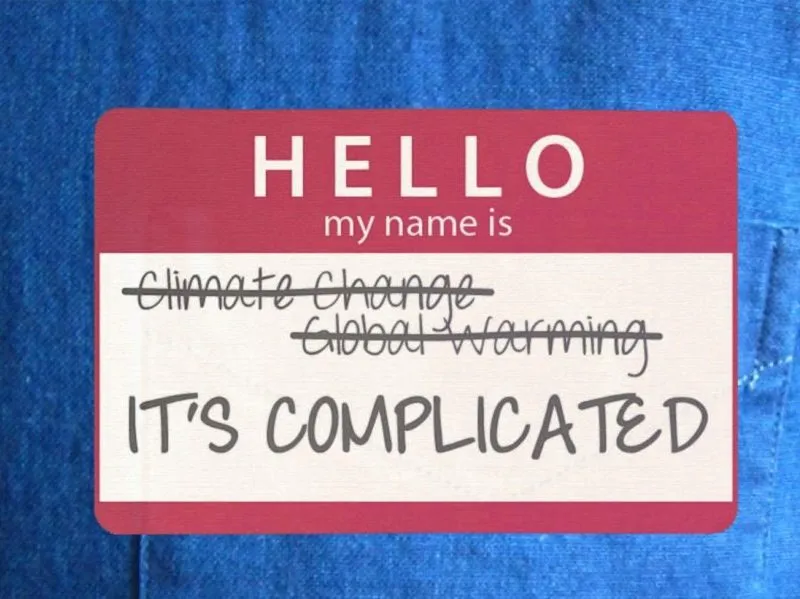Communicating Climate Change Internationally

The international climate change assessment body, the Intergovernmental Panel on Climate Change (IPCC) has launched a communication guide for scientists, put together by Climate Outreach — a UK-based team of social scientists and communication specialists focused on climate communication.
The IPCC’s regular assessments of the latest climate change science findings are written by scientists for all levels of governments and the public. The choices of language and narratives are important when communicating as controversial a topic as climate change.
The handbook recommends that scientists keep in mind six principles when communicating science, especially climate change science.
1. Be a confident communicator
Scientists are generally highly trusted. When speaking about a range of climate change topics, be clear about whether you are expressing yourself in a professional or personal capacity – that is, either representing the views of an organisation or speaking as an independent expert. Be aware of which topics demonstrate social consensus and which do not.
2. Talk about the real world, not abstract ideas
Numbers are not directly relatable to people’s daily lives. Framing your science in a certain way – like avoiding wastefulness, health benefits, and balance – is helpful for engaging audiences. Use metaphors and analogies, such as climate change loading the dice to favour more severe weather, to convey concepts.
3. Connect with what matters to your audience
Facts are essential but not sufficient for effective science communication. Values and political views affect people’s attitudes about climate change more than their level of scientific knowledge. It is important to know your audience well so that you can connect with widely-shared public values or points of local interest related to a topic.
4. Tell a human story
Instead of graphs and statistics, use anecdotes and stories to convey your work, because we understand information better via narrative structures like the ‘And, But, Therefore’ template. Sharing your life outside being a scientist can also ‘humanise’ the science and help you tell a captivating story.
5. Lead with what you know
Although uncertainty is a huge component of climate change science, it should not obstruct your narrative. Focus on the ‘knowns’ before the ‘unknowns’ and express areas of strong scientific agreement on a topic so that uncertainty is not misinterpreted by people as ignorance. For example, incorporate the consensus that humans are responsible for climate change into your story.
6. Use the most effective visual communication
Choose your images and graphs wisely. For example, showing real people instead of staged photo opportunities, local climate impacts, and telling new stories – not just polar bears and deforestation – can be effective. Images can be sourced from The Climate Visuals project.
Click here for the full copy of the Climate Outreach communication handbook for IPCC authors.
Author:
Date Posted:
April 13, 2018
